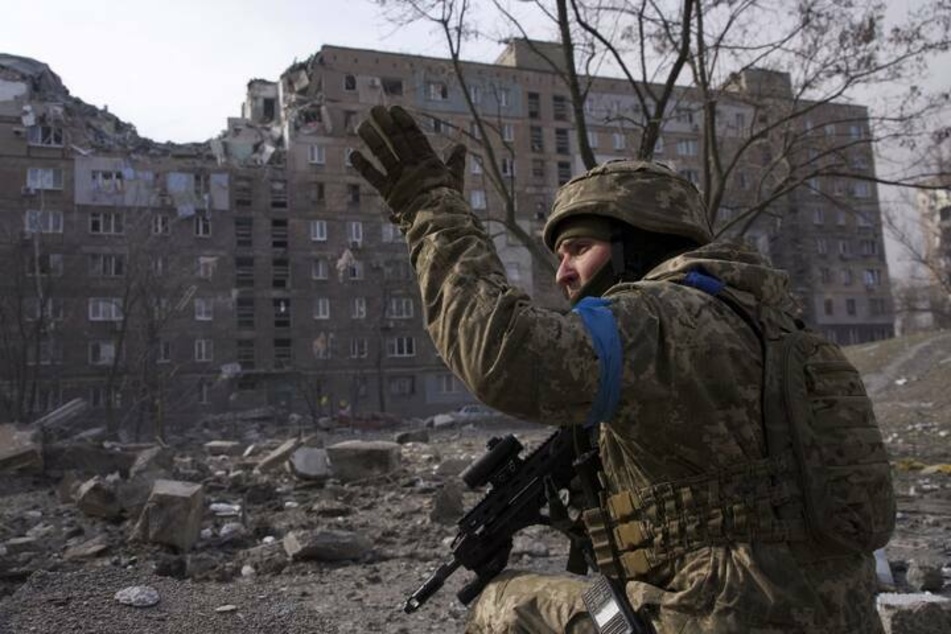was tun herr general In times of great challenge and uncertainty, the question often arises: “What should the general do?” This query is not limited to military contexts but extends to leadership in various fields, from business to politics and beyondIt encapsulates the essence of decision-making, responsibility, and the profound impact that leaders can have on the course of eventsIn this article, we will delve into the concept of leadership, drawing lessons from the military context, and exploring its relevance in our broader society.
The General’s Dilemma
Imagine a battle-worn general standing at the forefront of his troopsHis soldiers look to him for guidance and direction as they face an adversary that seems insurmountableThe general’s decisions will determine the fate of his army, and possibly, the outcome of the entire conflictIn this pivotal moment, “What should the general do?” is not just a rhetorical question; it is the crux of his leadership.
Assess the Situation: The first step for any leader, including a general, is to assess the situation thoroughlyUnderstanding the enemy’s strengths and weaknesses, as well as the resources at one’s disposal, is crucialThis assessment forms the foundation for strategic planning.
Define Clear Objectives: The general must define clear objectives for his troopsWhat is the ultimate goal? Is it to defend a strategic position, defeat the enemy, or minimize casualties? The objectives provide a sense of purpose and direction.
Adaptability and Flexibility: It is vital for the general to remain adaptable and flexibleThe battlefield is dynamic, and unexpected developments can occurA leader who can adjust his strategy in response to changing circumstances is more likely to succeed.
Communication: Effective communication is paramountThe general must convey his orders clearly and ensure that his troops understand their roles and responsibilitiesMoreover, he should encourage open channels for feedback and information flow.
Lead by Example: Leading by example is a fundamental principle of leadershipIf the general demonstrates courage, dedication, and resilience, his soldiers are more likely to follow suit.
Take Calculated Risks: Leadership often involves making tough decisions, which may entail taking calculated risksThe general must weigh the potential rewards against the potential costs and act accordingly.
Consider Ethical and Moral Implications: Leaders, including generals, must consider the ethical and moral implications of their decisionsUpholding principles and values, even in the heat of battle, distinguishes great leaders from merely competent ones.
Leadership Beyond the Battlefield
The principles of leadership demonstrated by a general on the battlefield are not confined to the military sphereLeadership is a universal concept that applies to various aspects of lifeLet’s explore how the “What should the general do?” question can be translated to leadership in broader contexts.

Business Leadership: CEOs and entrepreneurs often find themselves in situations where critical decisions must be made for their companiesJust as the general assesses the battlefield, business leaders must analyze market conditions and competitionClear objectives, adaptability, and effective communication are essential for success.
Political Leadership: Political leaders face complex challenges in governing nationsThey must define objectives, adapt to changing circumstances, and communicate their policies effectively to the publicEthical considerations are also critical in political decision-making.
Community Leadership: At a community level, leaders must address various issues, from public safety to social welfareTaking calculated risks and leading by example can help them achieve their goals and earn the trust of their constituents.
Personal Leadership: Leadership is not limited to formal roles; it can also be applied to personal growth and developmentIndividuals often face tough decisions in their lives, and the principles of leadership can guide them in making choices aligned with their values and aspirations.
Conclusion
The question, “What should the general do?” encapsulates the essence of leadershipWhether on the battlefield, in the boardroom, or in the community, effective leadership involves assessing the situation, defining clear objectives, remaining adaptable, communicating effectively, leading by example, taking calculated risks, and considering ethical and moral implications.
Leadership is not the exclusive domain of generals or CEOs; it is a skill and a responsibility that can be exercised by individuals in various roles and contextsBy embracing the principles of leadership, we can navigate the challenges of our time with wisdom and purpose, ultimately making a positive impact on the world around usSo, the next time you face a challenging decision, ask yourself, “What should the general do?” and lead with courage and integrity.
 Material Matters: Choosing the Right Chemical Gear Pump for Corrosive Fluids
Material Matters: Choosing the Right Chemical Gear Pump for Corrosive Fluids  Investing in Pink Argyle Diamonds: A Valuable Opportunity in the World of Precious Gems
Investing in Pink Argyle Diamonds: A Valuable Opportunity in the World of Precious Gems  IGI o GIA: Understanding Lab-Made Diamonds
IGI o GIA: Understanding Lab-Made Diamonds  Lab Created Diamonds Are Forever: The Future of Sustainable Luxury
Lab Created Diamonds Are Forever: The Future of Sustainable Luxury  The Key Differences Between IGI and GIA Lab Grown Diamonds
The Key Differences Between IGI and GIA Lab Grown Diamonds  Lab Created Diamonds Are Forever: The Future of Sparkle
Lab Created Diamonds Are Forever: The Future of Sparkle  Relapse, Stress, And Addction: Preventions And Treatments
Relapse, Stress, And Addction: Preventions And Treatments  The Timeless Appeal of the Lab Diamond Tennis Bracelet
The Timeless Appeal of the Lab Diamond Tennis Bracelet  Brownstone Restoration and Repair Project Cost Breakdown
Brownstone Restoration and Repair Project Cost Breakdown 

:max_bytes(150000):strip_icc()/basketball-team-supporting-their-injured-teammate-on-the-court--966143760-75350a8b15ba4936813961288be70852.jpg)
